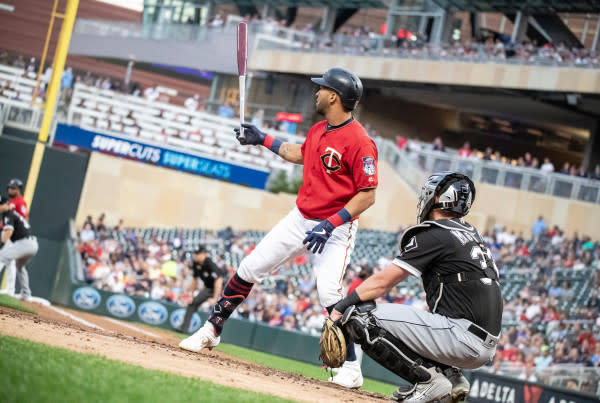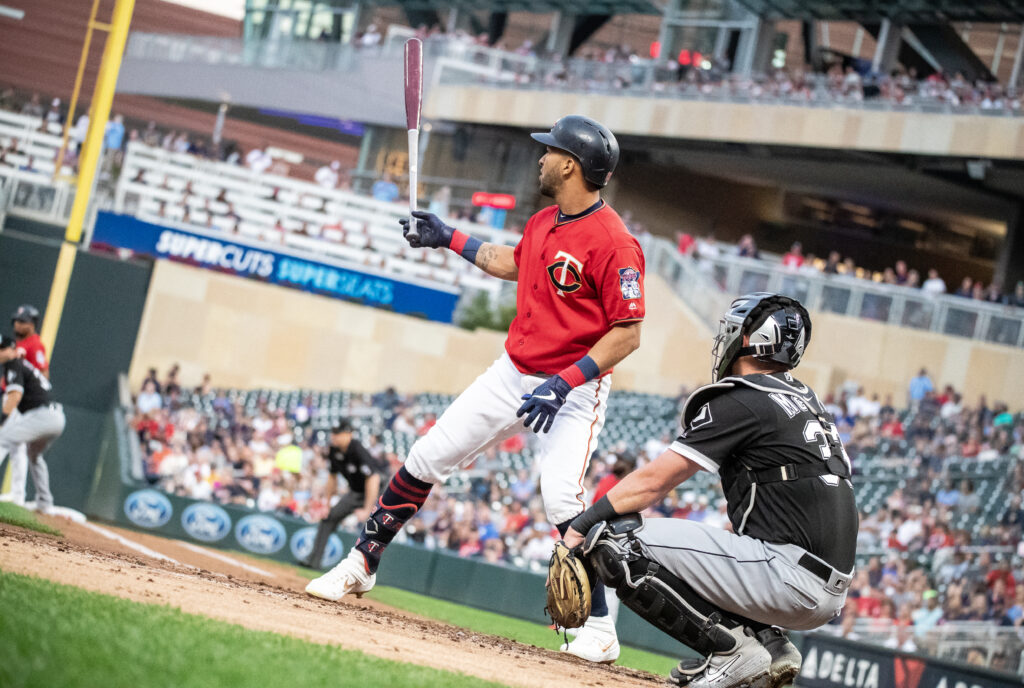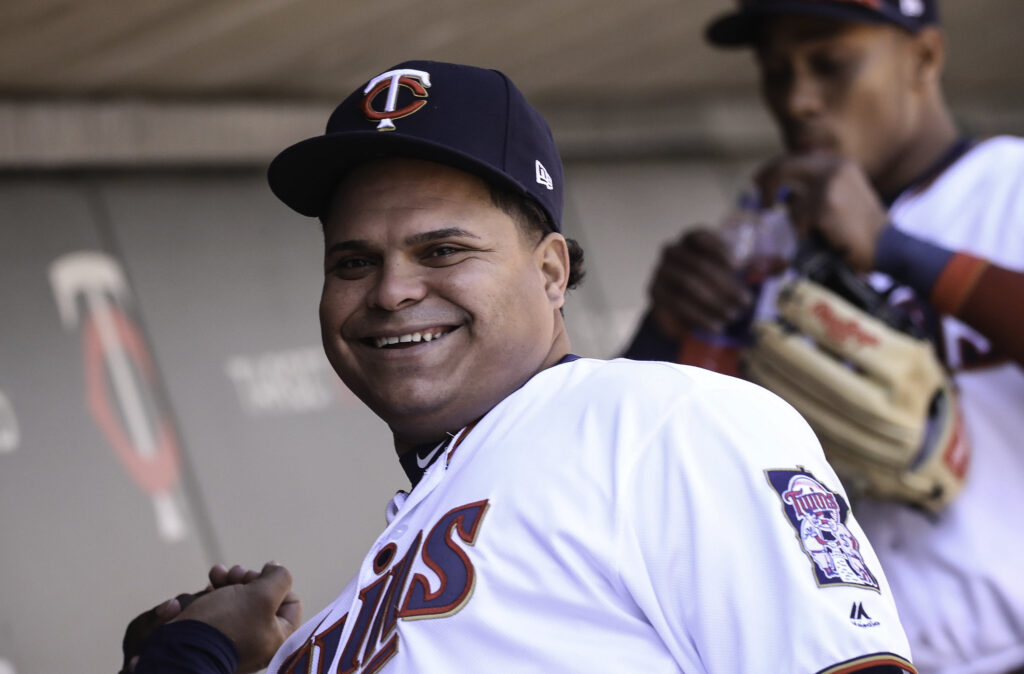
I shouldn’t be surprised anymore. I really shouldn’t.
Baseball’s award voters have overemphasized traditional baseball-card numbers like wins and saves and RBIs as indicators of value since long before I was born. By no means should I have been shocked to see Eddie Rosario receive two eighth-place votes in the American League MVP balloting results, released on Thursday.
Still, I couldn’t help but be taken aback. Maybe because I view this as a harbinger of what lies ahead for Rosario and the Twins this winter.
I like Eddie Rosario. I consider myself a big fan. He is talented and electric and entertainingly brash. His ability to crush pitches anywhere within reach is amazing. Rosie brings a unique element to the Twins lineup and clubhouse, without a doubt.
But I’m not gonna let these things blind me to the fact that he had a down year in some very essential ways. Whenever I broach this subject, I seem to find myself accused of being a “hater,” but an honest analysis cannot avoid the conclusion that Rosario was a very ordinary player in 2019.
True: Rosario batted cleanup all year long for an historically powerful offense. He hit 32 homers and drove in a team-leading 109 runs.
Also true: He posted a .300 on-base percentage, lower than all but seven qualified major leaguers. And depending on which metric you look at, he was either sub par defensively, or the worst left fielder in the league. His Statcast measures were generally below average.
Granted, a pinch-hit walk-off home run sticks in the viewer’s mind more than that steady stream of outs, which blend into the game’s general rhythm over a long season. The same is true for a flashy game-ending outfield assist, in comparison with the litany of missed plays stemming from diminishing range, bad routes, and poor decisions.
But the central tenets of modern baseball analysis pronounce that outs are a precious commodity. Low OBPs are suppressive, even when attached to solid power. On the flip side, giving up outs defensively is detrimental to the utmost for run prevention.
In these two categories, Rosario was among the league’s worst performers. And he’s not trending well on either.
I realize that not everyone shares my perspective here. Clearly not the MVP voters, who collectively deemed Rosario more valuable than – say – Max Kepler, who received one single ninth-place vote despite his superior OBP, SLG, and home run total. That’s not even broaching the vast chasm in defensive value. Kepler ranked 11th among AL position players in fWAR; Rosario ranked 50th!
I get it. This is the lagging nature of award voting, which has grown only mildly more sophisticated over the years. (To their credit, BBWAA did get it right by crowning Mike Trout.)
Moving at a more advanced pace in player evaluation? MLB’s front offices. The shift has been evident in recent years, with home runs and RBIs decreasingly translating into dollars on their own merit. This helps explain why Jose Abreu (who finished in between Rosario and Kepler on the MVP ballots) opted to accept a qualifying offer from the White Sox, rather than test the market following an All-Star, 123-RBI season.
This brings us to the crux of the matter. Rosario is due for his second turn at arbitration this year, after earning $4.2 million in Year 1. He and his agent have grounds to request a substantial raise in 2020 – their case now bolstered by a dash of MVP recognition. The Twins will submit their own salary figure, and based on all we’ve just discussed, it’s likely to be a good bit lower.
Even at the highest extremes, these gaps are never all that significant, but then again, the Twins took Kyle Gibson (every bit the entrenched franchise stalwart Rosario is) to arbitration in 2018 over a mere $300K difference in exchanged numbers. This front office is all about setting precedent.
Should the case go before a panel, it’ll be interesting to see which way it goes. Arbitrators have traditionally been very… traditional in their judgments, aligning more so with the sentiments of BBWAA voters than Billy Beane. But in theory, salaries determined through this process should reflect larger trends around the league. What’s 1.2 fWAR worth?
Anyway, all of that is beside the point. Determining Rosario’s salary is a microcosm of the larger narrative: He’s two years from free agency, and coming off a complicated season. This juncture is prime for either an extension or trade, as the Twins may never have better leverage on either front. If they choose to stay on the year-to-year plan, then arbitration awaits, and whatever that entails.
One way or another, we figure to learn a lot about Rosario’s future in Minnesota over the next couple months.
This story originally appeared at Twins Daily and was re-shared through a collaboration with Bring Me The News.






